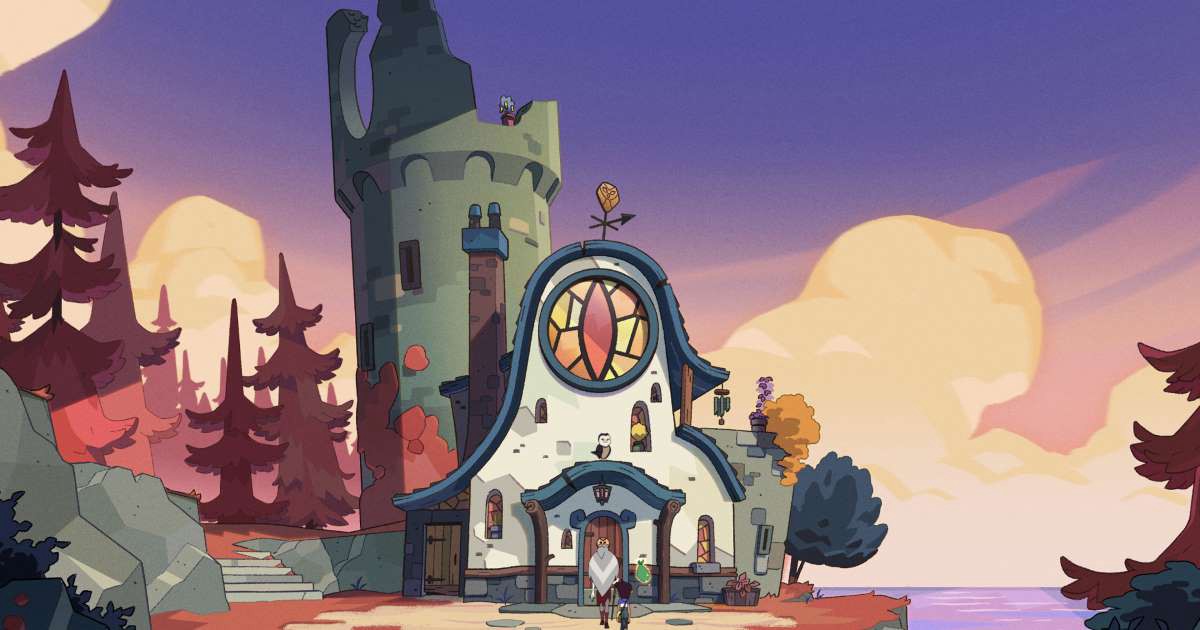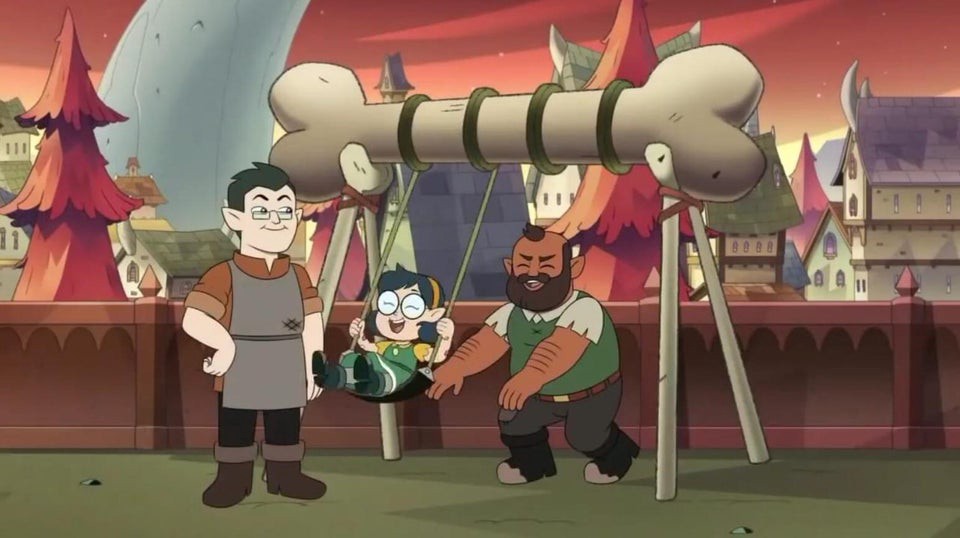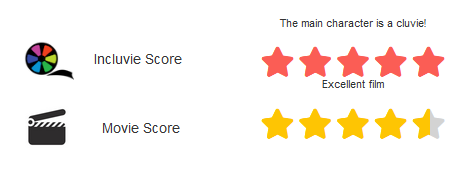When I first saw the pilot for The Owl House about a year ago, I knew instantly that it was special.
It had an immense charm to not only its characters, but its story as well! It quickly became my sister and I’s go to Disney show to watch as a family, and we couldn’t wait to see what would happen next.

It turns out my hunch was right — just in these past few months alone The Owl House has swiftly become one of Disney’s beloved cartoon shows among the likes of the former hit Gravity Falls, garnering a large following and fandom. Even better, The Owl House is a refreshing source of diversity — hosting not only main POC and LGBT characters, but a main Latina bisexual lead with a lesbian love interest — something groundbreaking for Disney!
So, lets dive in, shall we?

The story begins with our lead character Luz Noceda, who dreads having to go to a summer camp that her mom enrolled her in to get her out of her shell; Luz would much rather delve into her whimsical fantasy books than go out and make new friends at camp. Crazily enough, Luz’s wishes end up unintentionally coming true when a mysterious owl steals her book and leads her into an abandoned house. There, she stumbles across an enchanted door that whisks her away to the land of the Boiling Isles — a world full of magic, monsters, the “King of Demons”, King, and the enigmatic Owl Lady Eda who lives at The Owl House.

Eda is a notorious old witch renowned across the Boiling Isles for her bounty upon her head and her rebellious attitude; King is a rather feisty, mischievous little demon that tries to make up for his tiny appearance by acting a lot bigger than he really is. Luz quickly forms a close bond with the Owl Lady and her pal King — in turn, Luz decides to spend her summer in the Boiling Isles as Eda’s apprentice instead and become the first human to learn magic!

Along the way, Luz also ends up enrolling at the Hexside School of Magic and Demonics — a school full of monsters, elves, and demons who learn witchcraft. There, Luz ends up befriending fellow students Gus and Willow, who wind up becoming her best friends and frequently get caught up in her misadventures.

There is also the school popular girl/bully Amity who frequently clashes with Luz and her friends at first. However, over the course of the show Amity shows noticeable character development, eventually joining the main group of protagonists and atoning for her past actions, all while growing an affinity for Luz. Her affection for Luz comes to a peak in the episode “Enchanting Grom Fright”, where Amity asks Luz out to their version of prom called Grom.

Down the line, the main protagonists wind up battling evil demons, facing the corrupt Emperor Belos and his coven, as well as untangling the mysteries of Eda’s past. There are many interesting plots in The Owl House that will not cease to disappoint the watcher, and still quite a few mysteries left unsolved by the end of the show that leave much room for speculation and fan-theories for the second season.

Like I said earlier though, the greatest thing about The Owl House is how it handles representation. It not only has Disney’s first bisexual Latina main character, but it also abundant with diverse characters. Luz’s best friend Gus is black, Amity is a lesbian, Willow has two dads in an interracial marriage, and there are various background characters who are seen to be LGBT and POC as well. The Owl House includes characters of all kinds and backgrounds so naturally and effortlessly, that it really does make the show stand out among the rest.

The creator of The Owl House, Dana Terrace, reportedly fought for such representation — in particular to make the lead character bisexual. On Twitter, she stated that she modeled Luz after her own experiences as a bisexual woman, and that she wanted to see more people like her represented in media. Initially, a Disney Executive rejected her proposal to have any sort of gay or bi relationship in the show, but Dana kept fighting. With much persistence, she eventually was able to get her representation into the show and is now very accepted and supported by both Disney leadership and her crew.

As a bisexual person myself, it made me incredibly happy to see representation of people like me in a mainstream Disney show. I honestly really wish more cartoons like The Owl House were around when I was a kid, as I would have likely felt a lot more comfortable in who I was and have found myself sooner! It’s so heartwarming seeing characters of different backgrounds and sexualities just seen as what they are — everyday people, instead of being villainized like a lot of the queer-coded characters of the past seen in older Disney movies. Don’t get me wrong, a lot of Disney’s older villains are all iconic and amazing antagonists — but we are in some serious need of gay protagonists. I see a lot of my younger self in Luz, and I think it’s terrific that Disney is now embracing more unique, relatable protagonists like her that people can look up to as Disney heroes.

In general it was quite refreshing to see female protagonists of all kinds in The Owl House; it’s awesome to have a show for once where there are some kick-butt female leads who don’t necessarily have to be traditionally feminine. Take for example Eda, an independent woman who is sassy and still packs a punch despite her old age, and Luz, a determined, adventurous girl who doesn’t abide by typical feminine norms. Most cartoons out there in general have male leads as well, so just having a female lead to begin with is so great!

In summary, The Owl House is not only an excellent show for diversity, but also just an enjoyable show to begin with. Families, and people of all ages who love a lil magic in their lives will have fun watching this Disney gem — especially if you want some well needed positive gay rep in your shows!
As Dana Terrace put it, “be gay and do witchcraft!”


WRITTEN BY: Jazmyn McLain. Originally published 11/22/2021
Comments